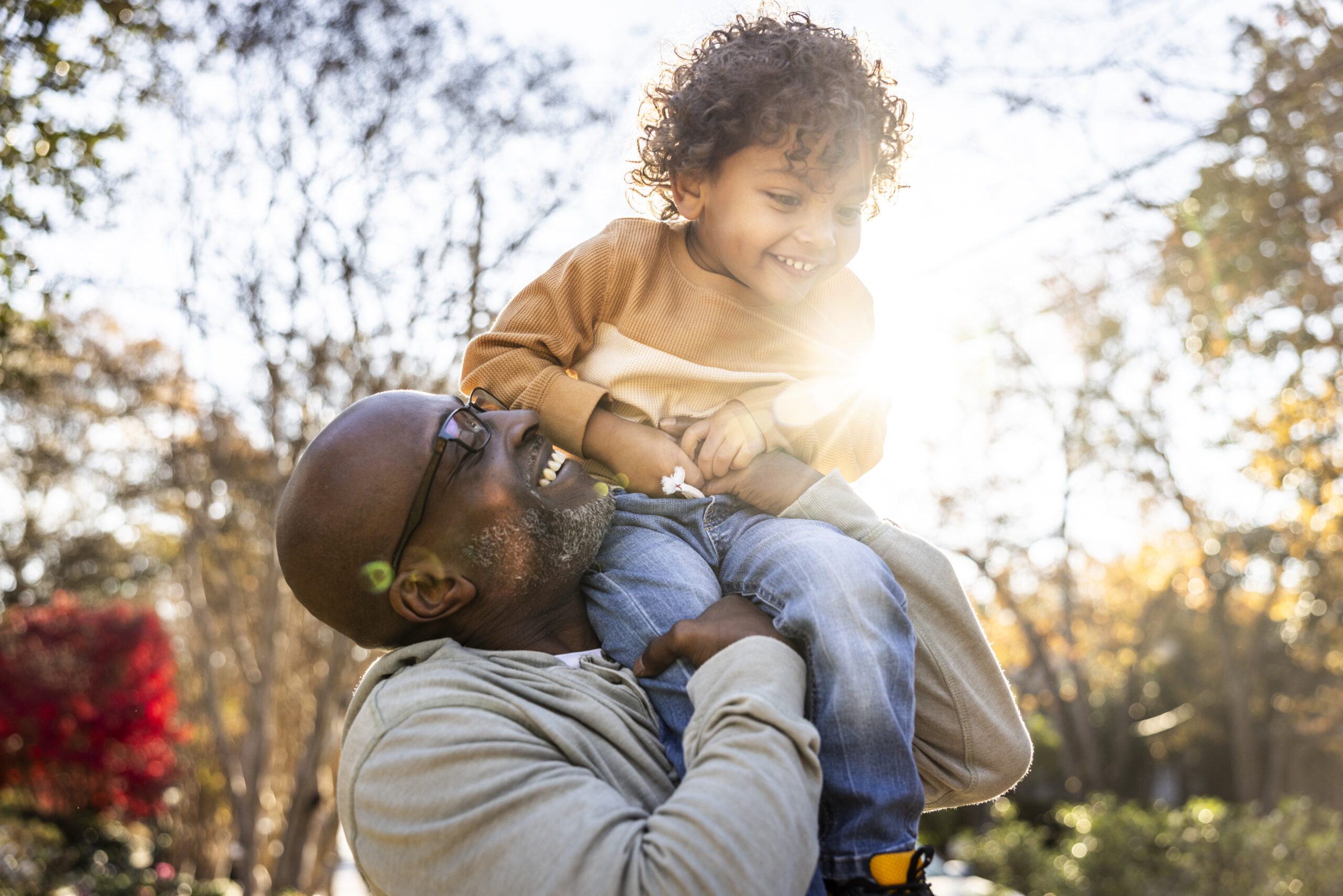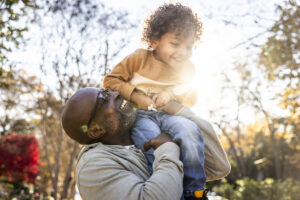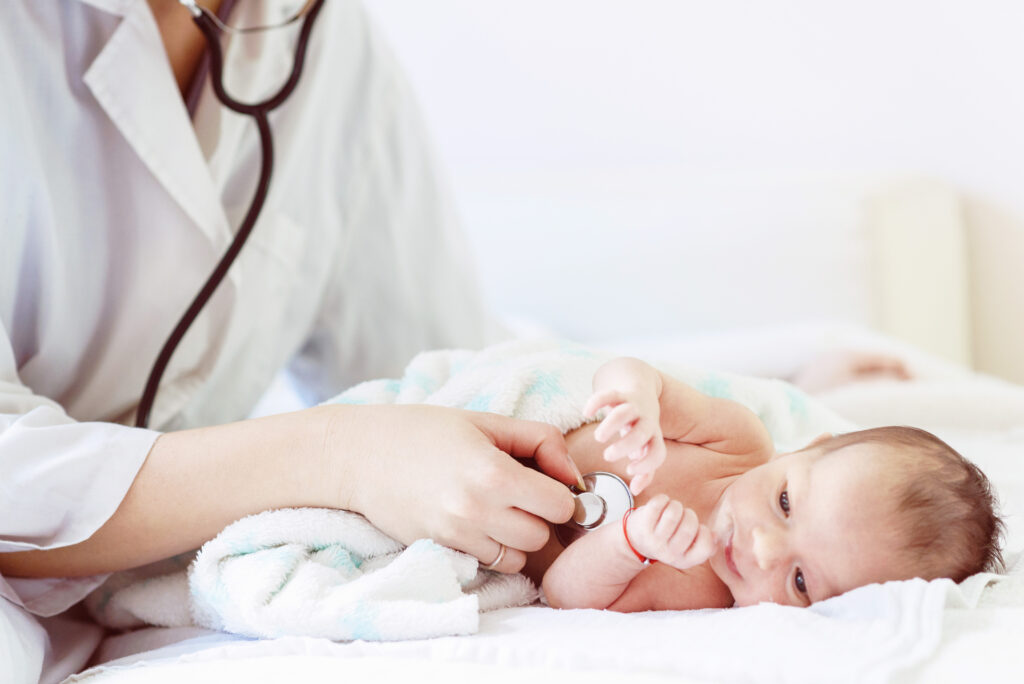Children’s Memorial Hermann Breaks Down What You Need to Know About RSV
A New Vaccine for Kids and Myths vs Facts
BY PC Studios // 01.09.25Respiratory Syncytial Virus (RSV) is a common, but potentially serious virus - especially for infants and young children.
This article is promoted/partner content and not produced by the editorial staff.
During this time of year, it seems like one can’t go very long without hearing the word “RSV.” But what is the virus that has so many on edge, and what do you need to know? Children’s Memorial Hermann breaks it down to help understand the virus, what you can do if you think your little one has caught it, and sort through myth versus fact.
Respiratory Syncytial Virus (RSV) is a common but potentially serious virus, especially for infants and young children. Most kids will encounter it by age two. While it often mimics a cold, it can cause severe symptoms, particularly in infants under one year old and those born prematurely or with lung or heart conditions.
January is often peak time for RSV in the United States, with cases surging from October to March. This seasonal uptick requires extra precautions, as symptoms can escalate from mild cold-like signs to serious breathing difficulties.
“If your child shows signs of RSV, like wheezing, rapid breathing, or a ‘caving’ chest, it’s important to alert your pediatrician,” says Victoria Regan, MD, a pediatrician with Children’s Memorial Hermann Pediatrics.
The New RSV Vaccine for Infants and Young Children
The FDA approved a new monoclonal antibody treatment called Nirsevimab to protect infants from RSV better. The new immunization reduces severity rather than preventing RSV altogether, offering critical protection for infants during peak season. RSV is a virus, so antibiotics are not effective against it.
The Centers for Disease Control and Prevention (CDC) recommends Nirsevimab for babies under 8 months at the start of RSV season and ideally within the first week for newborns born during that time. For infants up to 24 months with high-risk health conditions, a second dose may be needed in the next RSV season.
This antibody treatment lowers the risk of severe RSV, helping prevent complications like bronchiolitis and pneumonia and the need for hospitalization. It’s a key tool in keeping vulnerable infants safe during their highest-risk years.

Myths vs. Facts About RSV
There’s a lot of information about RSV out there, which can be confusing. The specialists at Memorial Hermann break down myth vs. fact so you can be prepared with the best knowledge to help your family navigate the season.
Myth vs. Fact #1
Myth: RSV is only a winter virus.
Fact: While RSV is most common from November to February, it can occur year-round.
Myth vs. Fact #2
Myth: Only babies and young children are at risk.
Fact: Though RSV is most dangerous for infants, adults can also experience severe RSV complications — especially those over 65 years old.
Myth vs. Fact #3
Myth: The virus is always mild.
Fact: While RSV often appears as a mild respiratory illness with symptoms like fever, cough, and congestion, it can worsen quickly in young children, especially those under one year old. The virus tends to reach peak symptoms around days two to five. During this time, it’s essential to monitor hydration, as fluid intake can help thin mucus and make breathing easier.

Myth vs. Fact #4
Myth: Like a cold or flu, RSV becomes non-contagious within a day after the fever breaks, and symptoms last, at most, a week.
Fact: While RSV symptoms may improve within a week or two, individuals can remain contagious for up to a month after infection. Practicing good hygiene — like regular handwashing and disinfecting surfaces — is crucial.
Myth vs. Fact #5
Myth: RSV is only transmitted through respiratory droplets.
Fact: RSV can live on hard surfaces — such as doorknobs, changing tables, and crib rails — for hours, making good hand hygiene essential.
To Sum It Up
RSV is a serious virus, especially during peak season, but with immunizations and good hygiene, parents have more ways to protect their children from severe outcomes.
To learn more about Children’s Memorial Hermann services, visit memorialhermann.org/childrens.





